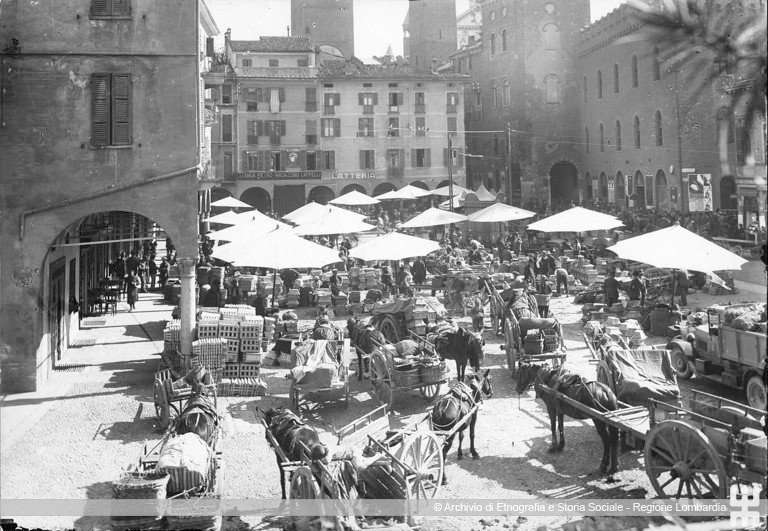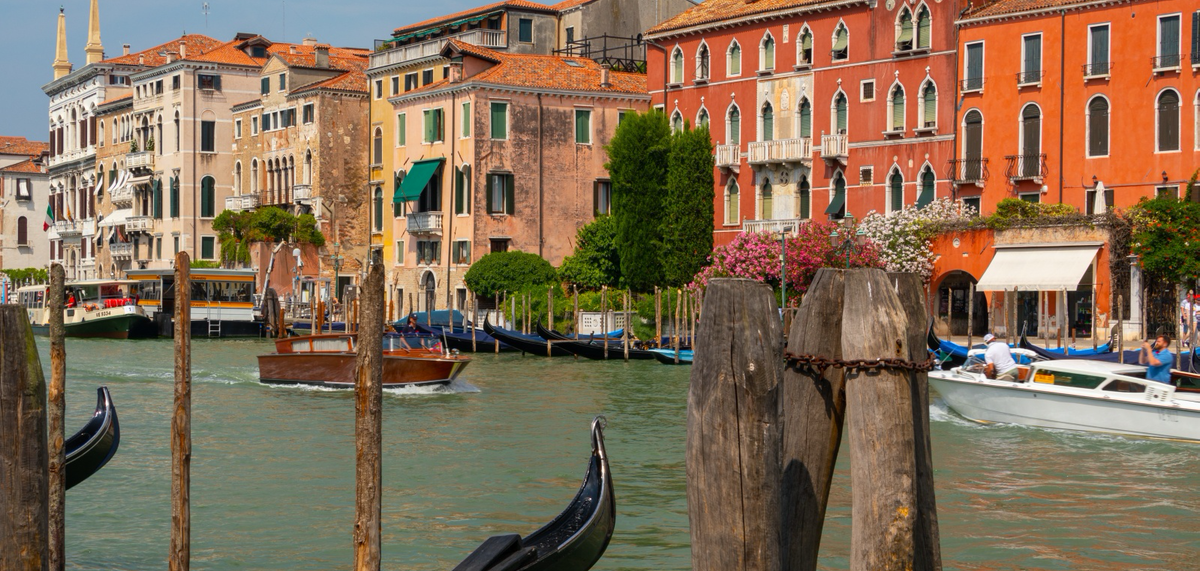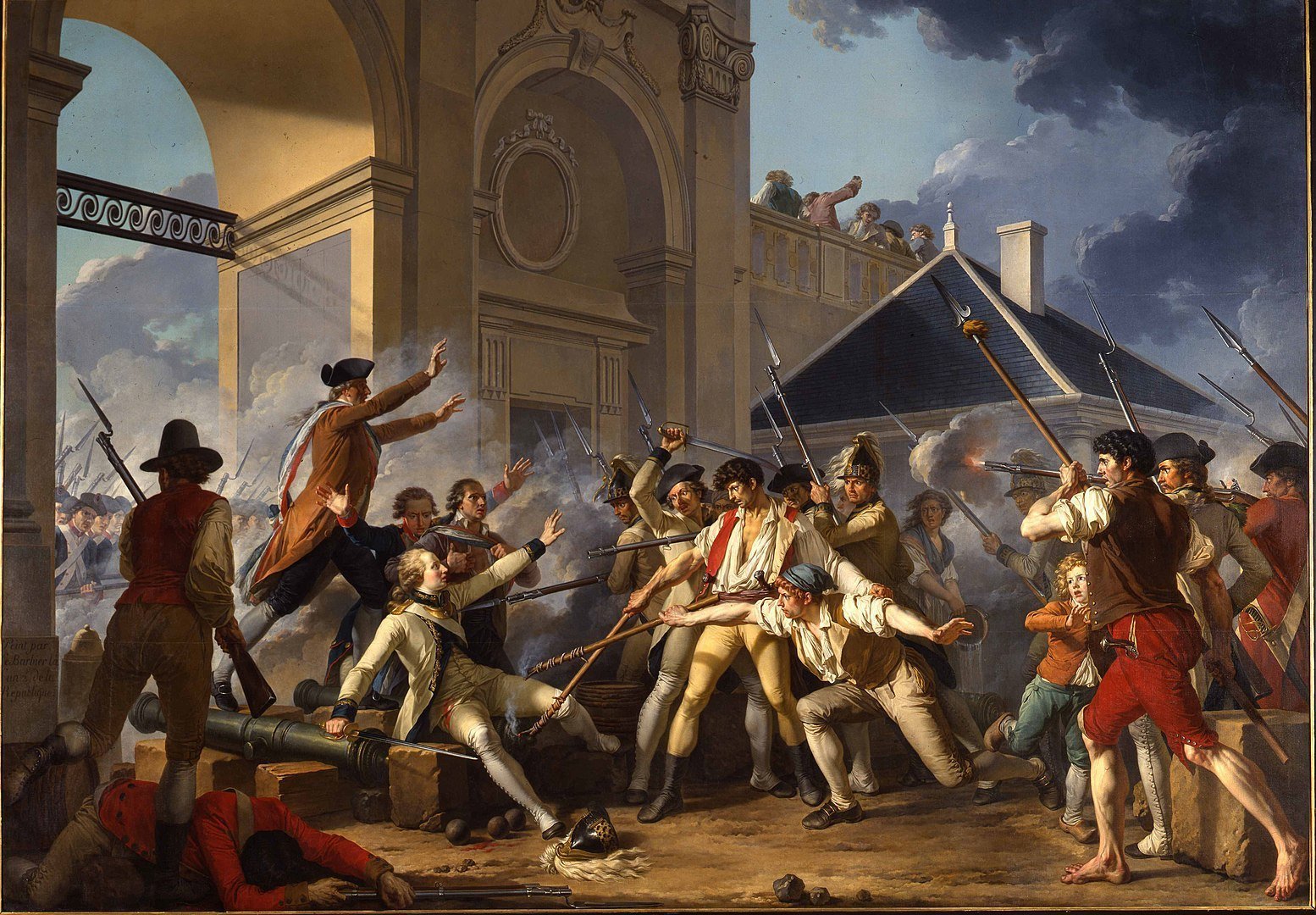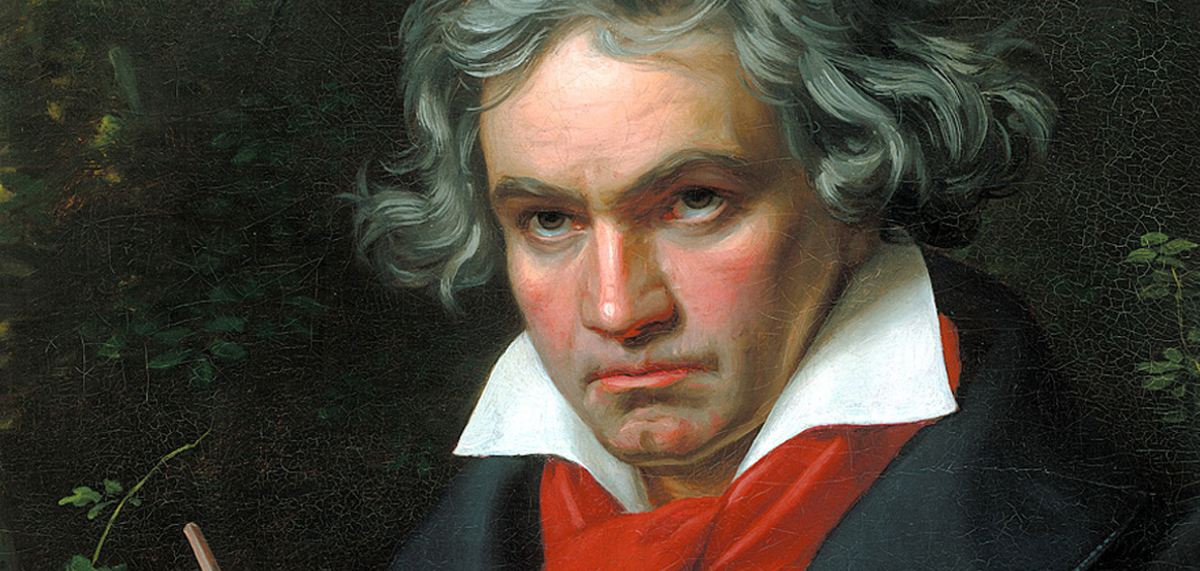It is the 26 April 1868. In the northern Italian town of Cremona, it is a beautiful Sunday afternoon. The Piazza Cavour is filled with people enjoying the sunshine and bustling through the markets. At one end of the piazza, the local band is setting up to play. At the podium is 33-year-old composer and conductor Amilcare Ponchielli.

He would later gain great fame for his opera La Giaconda, but for now he is working jobs in northern Italy and composing works for the band in Cremona. This Sunday afternoon in 1868 the band will play, for the first time, Ponchielli’s arrangement of The Carnival of Venice. Paganini arranged virtuosic variations based on this folk song for the violin back in 1829. Jean-Baptiste Arban did the same for the cornet in 1865. But this arrangement of Ponchielli’s is different. It is virtuosic for all the musicians, not just a single soloist, and it is infused with all the colour and drama available from the instrumentation of the band. Ponchielli’s experience as an opera composer is on full display. On this Sunday afternoon in the Piazza Cavour, the crowd have settled, maybe a vino in their hand, and the band is about to play.

Ponchielli’s Carnival of Venice, in a modern edition by David Whitwell, is available from Maxime’s Music.




